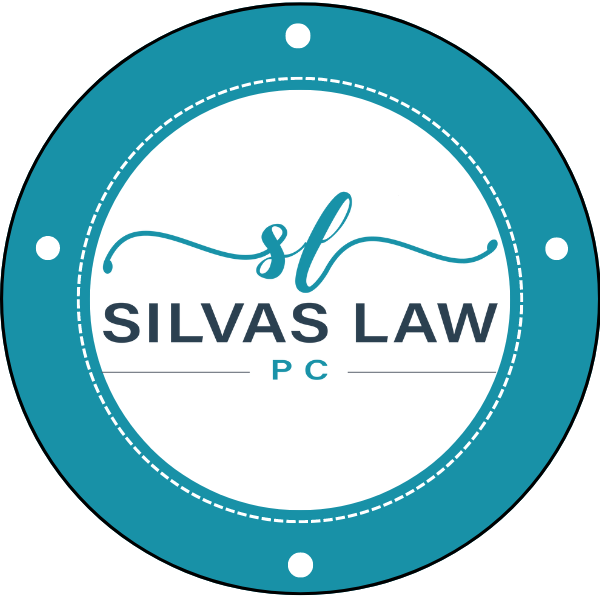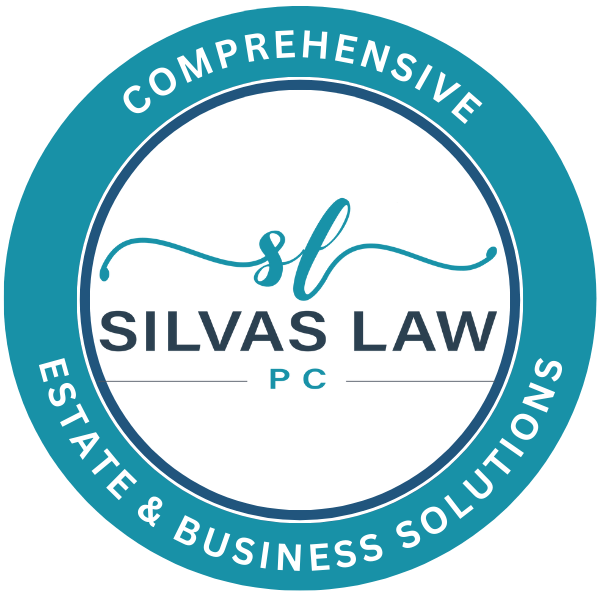Navigating Small Claims Court: What You Should Know
As a business owner, it’s inevitable that you will face minor conflicts and disputes at some point. Whether it’s a client who refuses to pay a bill, an independent contractor who fails to fulfill the terms of their agreement, or a vendor who stiffs you on an order, dealing with such issues is a simple fact of doing business.
However, given the time and expense involved, filing a lawsuit in civil court to resolve such minor disputes typically isn’t worthwhile, especially if you are only trying to recover a few thousand dollars. And taking the matter to a collections agency usually isn’t a viable option either, since average fees run between 25% to 50% of the total amount recovered.
If you can’t resolve the dispute privately, taking the case to small claims court may be your best option. Small claims courts are specifically designed to resolve relatively low-collar cases quickly and inexpensively, without the need to observe the complex formalities of traditional court proceedings, and without incurring costly legal fees.
If you are considering taking a case to small claims court, here are a few answers to some basic questions about the process.
What types of cases are resolved in small claims court?
Small claims courts are real courts, and a judgment issued by a small claims court is just as binding and enforceable as one made in a traditional civil court. Small claims court can be a quick and inexpensive way for your business to collect on unpaid debts and resolve contractual disputes with clients, vendors, and other companies. However, you can only take your case to a small claims court if the money you’re seeking to collect is below a certain amount, which is known as the court’s jurisdictional limit.
These limits are different for each state, with some as low as $2,000 and others as high as $25,000, so be sure to review our state’s jurisdictional limit before filing your claim. Additionally, be aware that no state allows for small claims court cases involving divorce, guardianship, name changes, bankruptcy, or to seek an injunction against another individual. These cases all require you to file a lawsuit in state civil court.
Where should I file my small claims lawsuit?
If the other party does business or lives in our state, the law typically requires you to file your lawsuit in the small claims court district closest to that person's residence or business headquarters. In some cases, you also may be able to file in the district where a legal agreement was signed or the dispute in question occurred. Check with the local small claims clerk for more detailed information.
Note that if the other party you are looking to sue has no business or other contact within our state, you’ll likely have to file your case in the state where the individual lives or does business. That said, unless the other party lives in a nearby state, out-of-state small claims lawsuits can be cost prohibitive due to travel expenses, so be sure to factor in the cost of traveling before you file your claim.
How does the small claims court process work?
First, let’s get clear on some terminology. The person who initiates the claim is the plaintiff, and the person who is being sued is the defendant. The process begins when the plaintiff files a statement of claim with the county or district where the case will be held. You can typically get all of the necessary paperwork for filing your claim from our local clerk of court website. You’ll also need to pay court fees, but they’re typically small, ranging from $20 to $200. There are also now apps that will help you file your small claims court case.
Once filed, the court may schedule an initial pretrial conference and/or order the parties to mediation. If the case can’t be resolved via mediation, the court will set a trial date, which will typically be a month or so from the time the claim was filed.
Small claims procedures vary by state and district, but in general, the hearings are fairly informal and don’t involve complicated legal procedures or strict rules of evidence. That said, you still need to prepare and present your case before the judge. Be sure to bring all of the documentation needed to help prove your case, such as contracts, invoices, photos of damages, copies of emails, and/or sales receipts. Some states also allow you to call witnesses.
One of the biggest advantages of small claims court is the time it takes for your case to be decided. Unlike traditional civil court, where cases can drag out for months or even years, a small claims judge will typically issue judgment on the spot, once both sides have presented their arguments and evidence.
Do I need an attorney?
Small claims court is designed to be easy to navigate, without the need for an attorney. Indeed, avoiding costly attorney’s fees is one of the primary benefits of these courts. For this reason, some states even prohibit lawyers from being present.
Of course, if you are going to file a case in small claims court and you are a Family Business Lawyer client, you should definitely call and discuss your strategy with us first, and we can advise you about how to proceed, and/or assist with collecting a judgment.
How do I collect a judgment?
Unfortunately, the court won't collect your money for you. If you win your case and are awarded a judgment, unless the defendant agrees to pay you or you both agree to a payment plan, you may have to go back to court to get a lien on the defendant's property or have the court order a wage garnishment.
As your Family Business Lawyer™, we can offer you support and guidance on the best ways to collect on your judgment to ensure you get all the money you are owed.
Can I appeal my case if I lose?
In many states, the plaintiff cannot appeal if he or she loses. If the defendant loses, he or she can generally file an appeal, and if it’s accepted, a new trial will be held in a higher court. Upon appeal, the small claims court trial is completely negated, as if it never happened.
We’re Here If You Need Us
As your Family Business Lawyer™, we can help you decide whether or not to take your particular dispute to small claims court, as well as help you prepare your case. And while you likely won’t need us during the trial, we’re here to support you in whatever way you might require, providing you with the best chance to win your case and collect on your judgment. Contact us today to learn more.

This article is a service of Tammy Silvas, Family Business Lawyer™. We offer a complete spectrum of legal services for businesses and can help you make the wisest choices on how to deal with your business throughout life and in the event of your death. We also offer a LIFT Start-Up Session™ or a LIFT Audit for an ongoing business, which includes a review of all the legal, financial, and tax systems you need for your business. Call us today to schedule.















